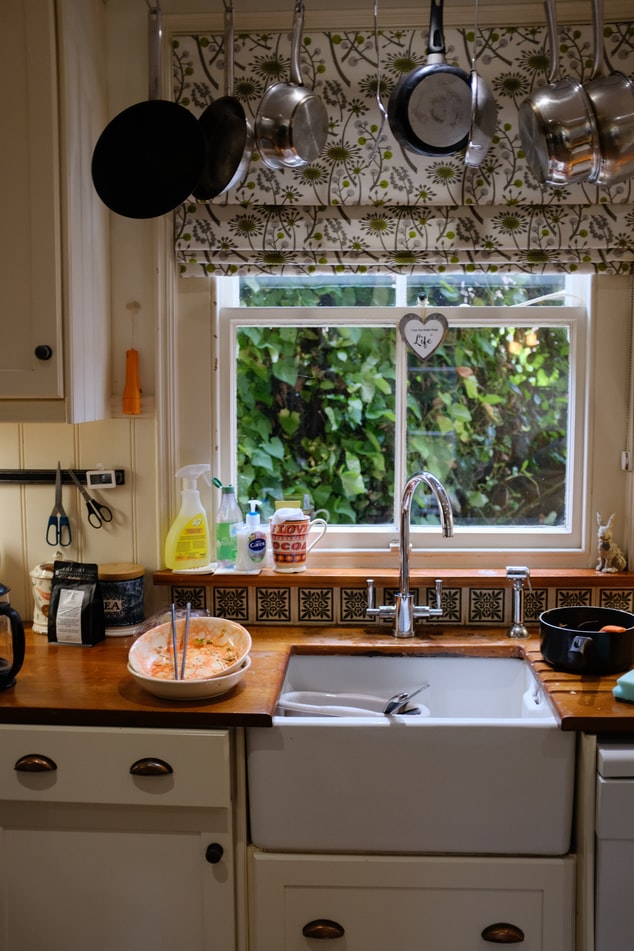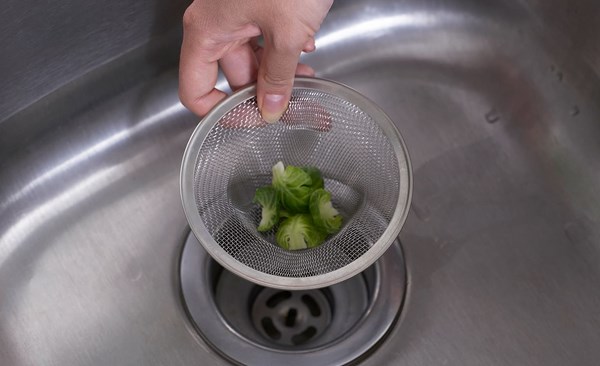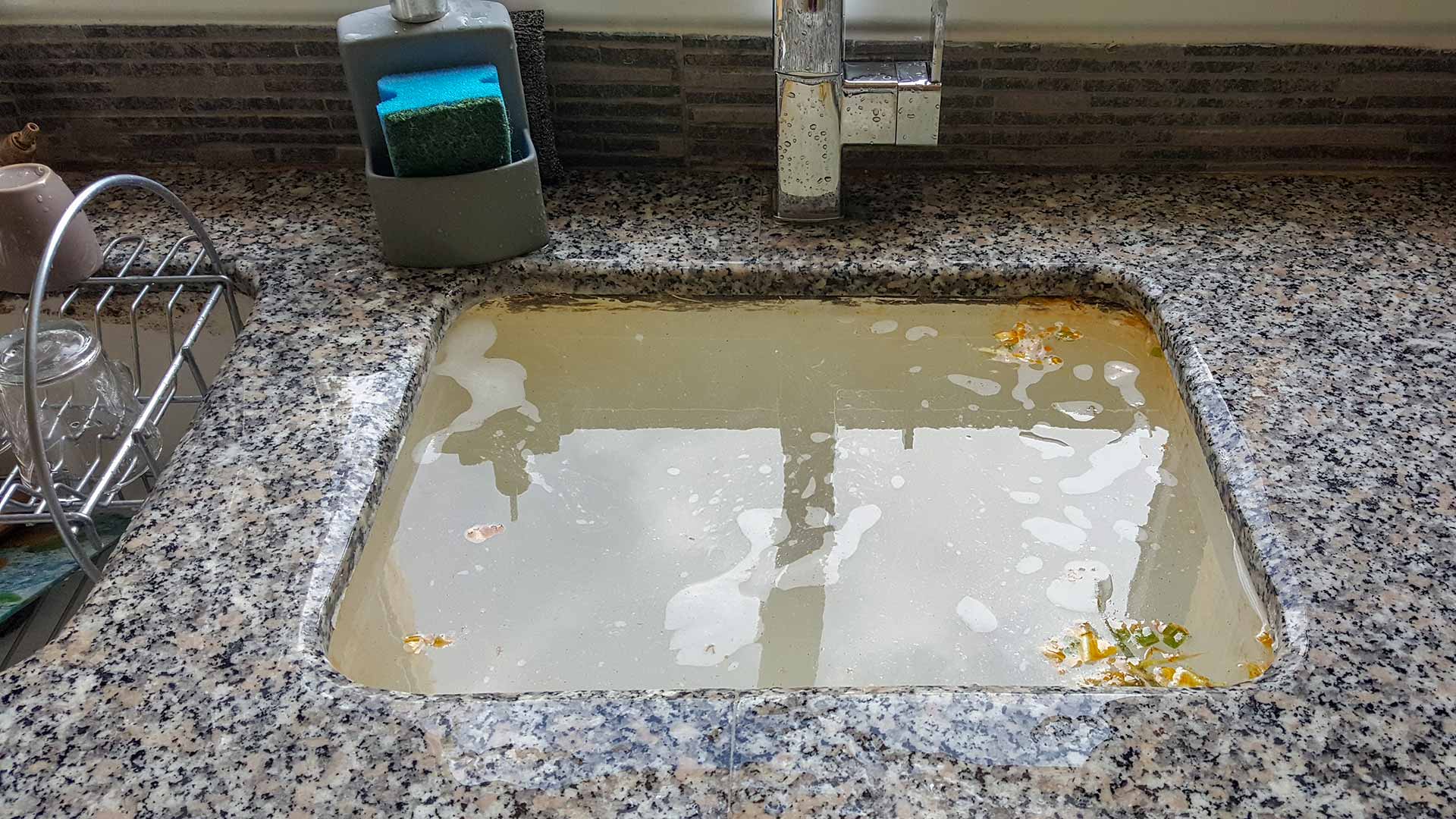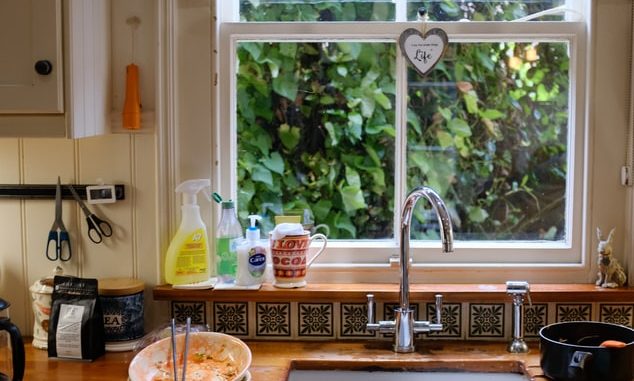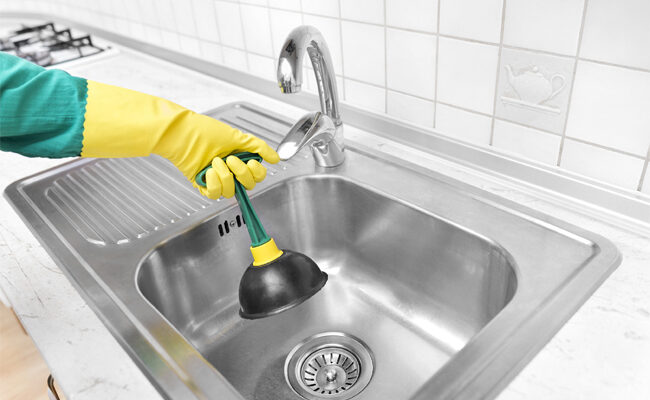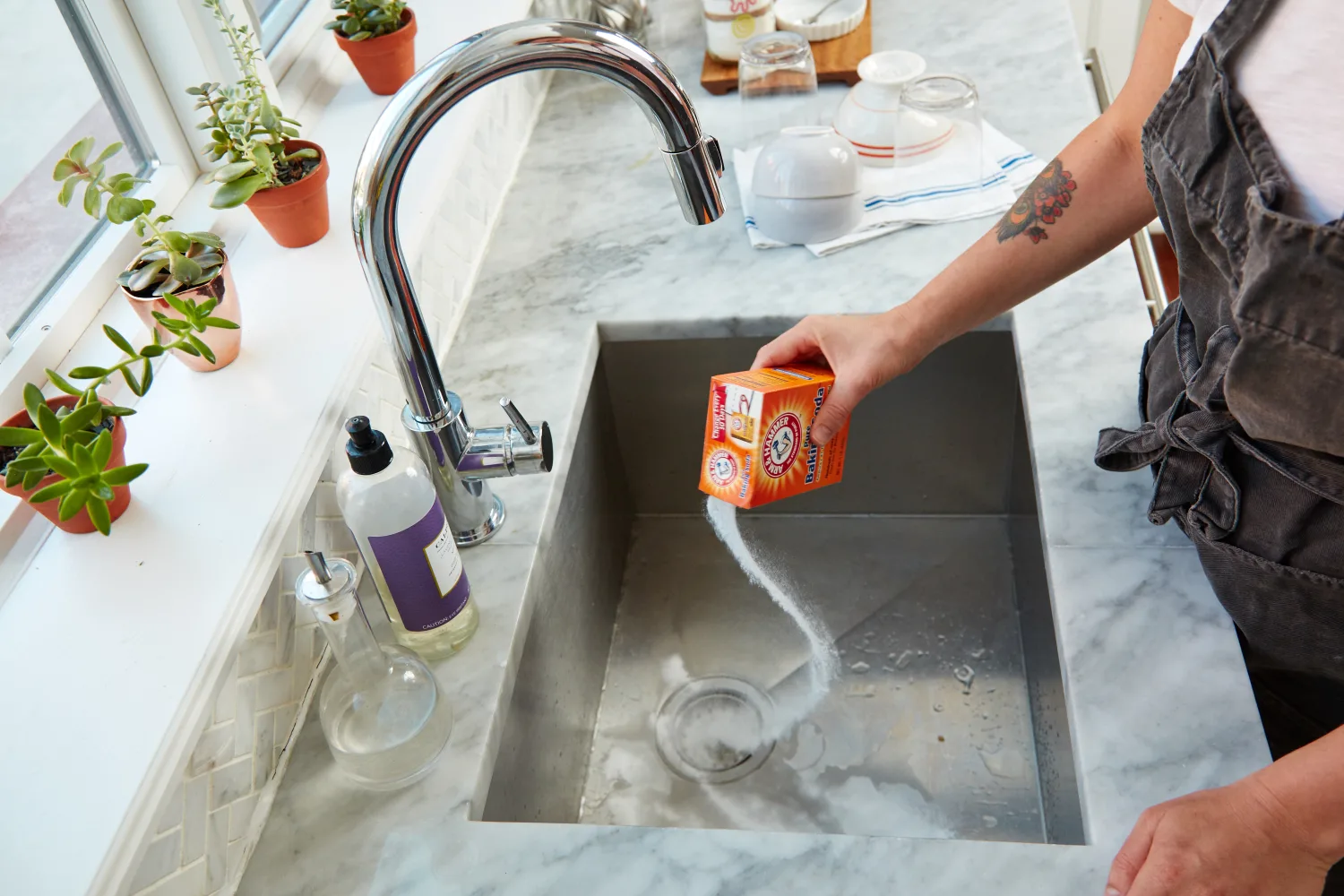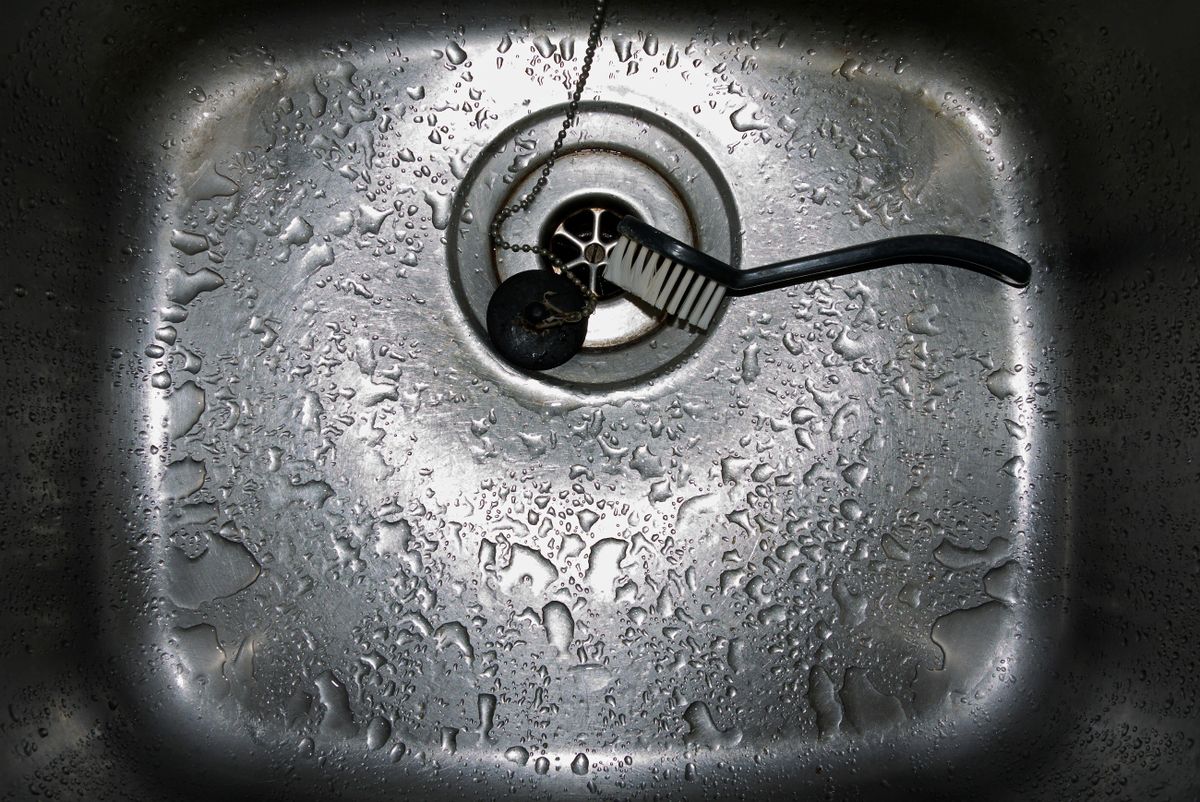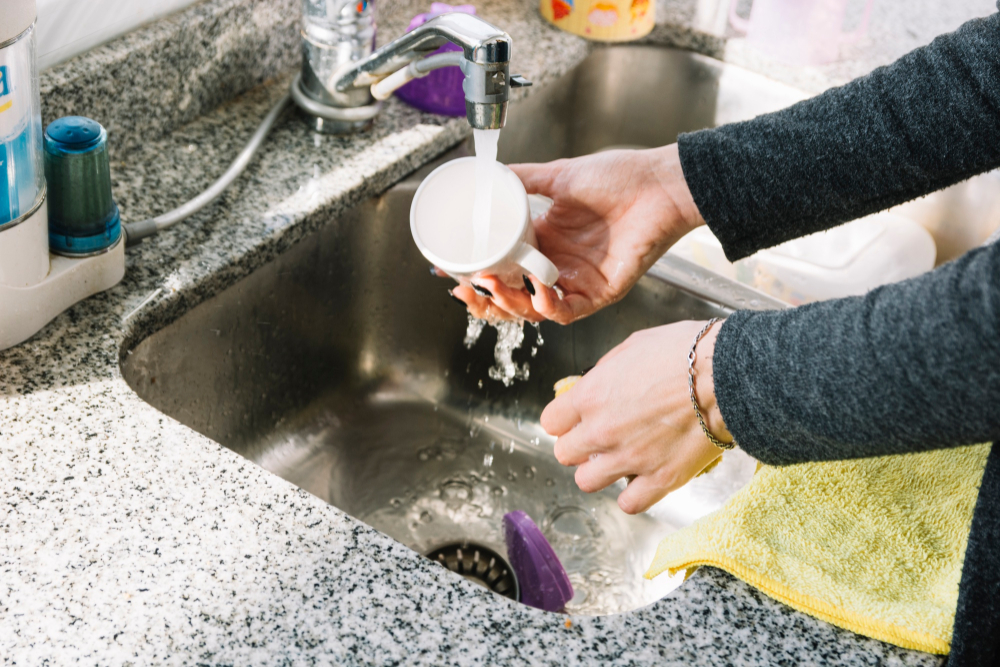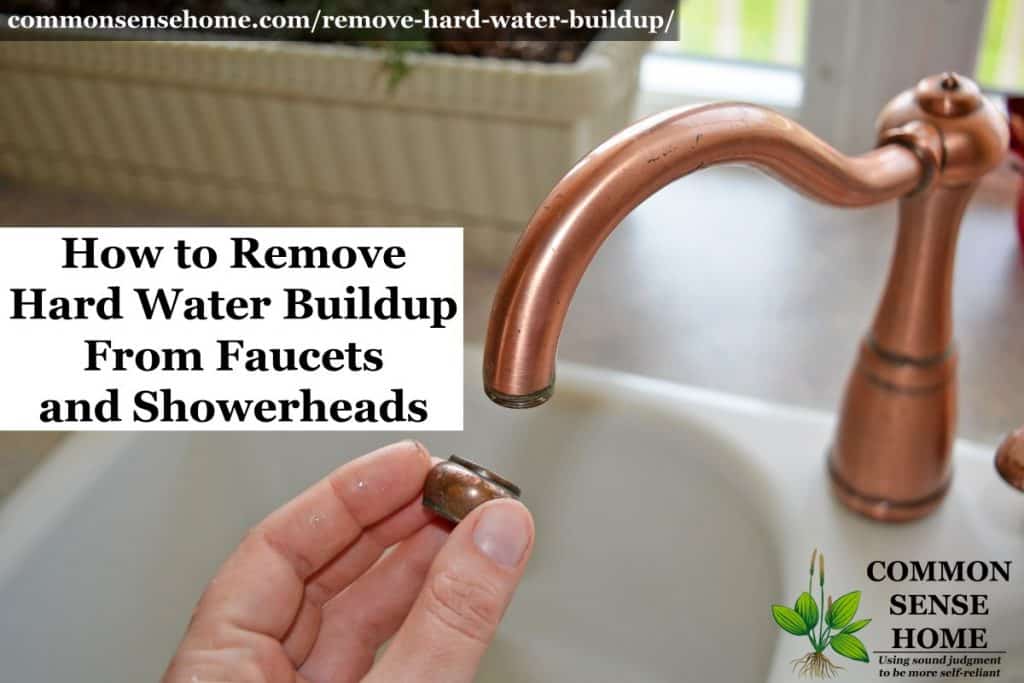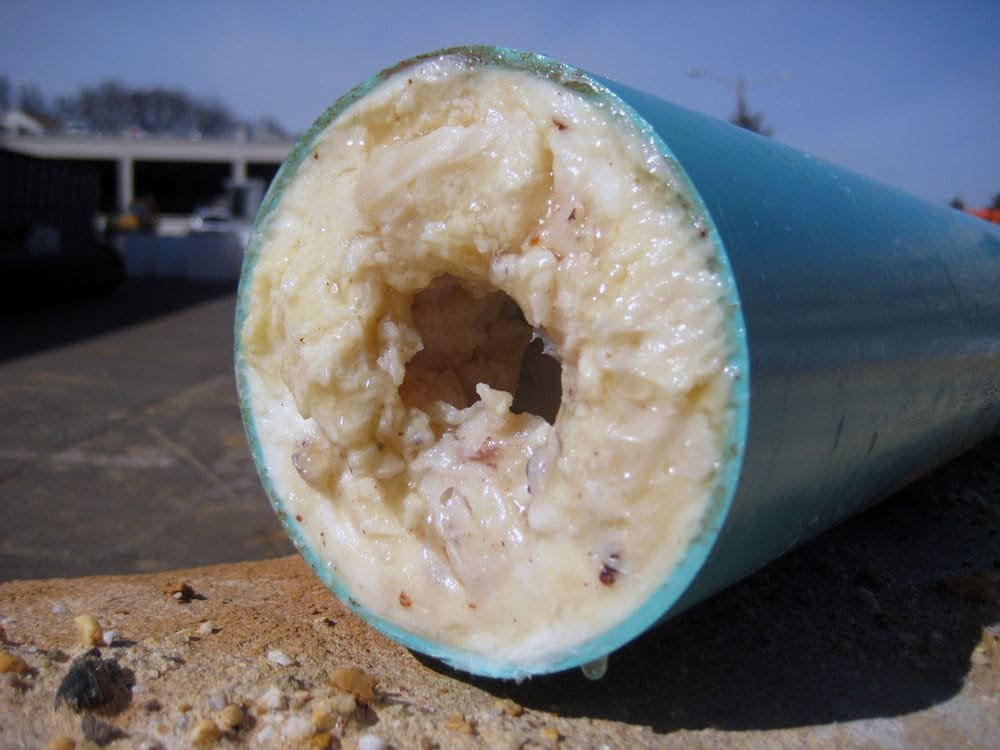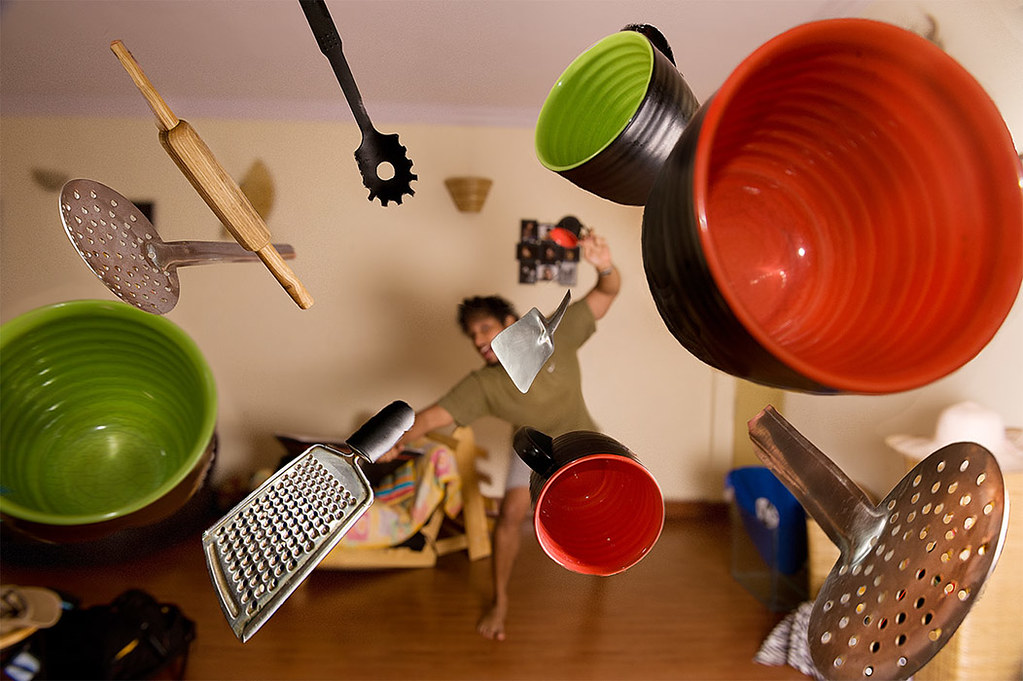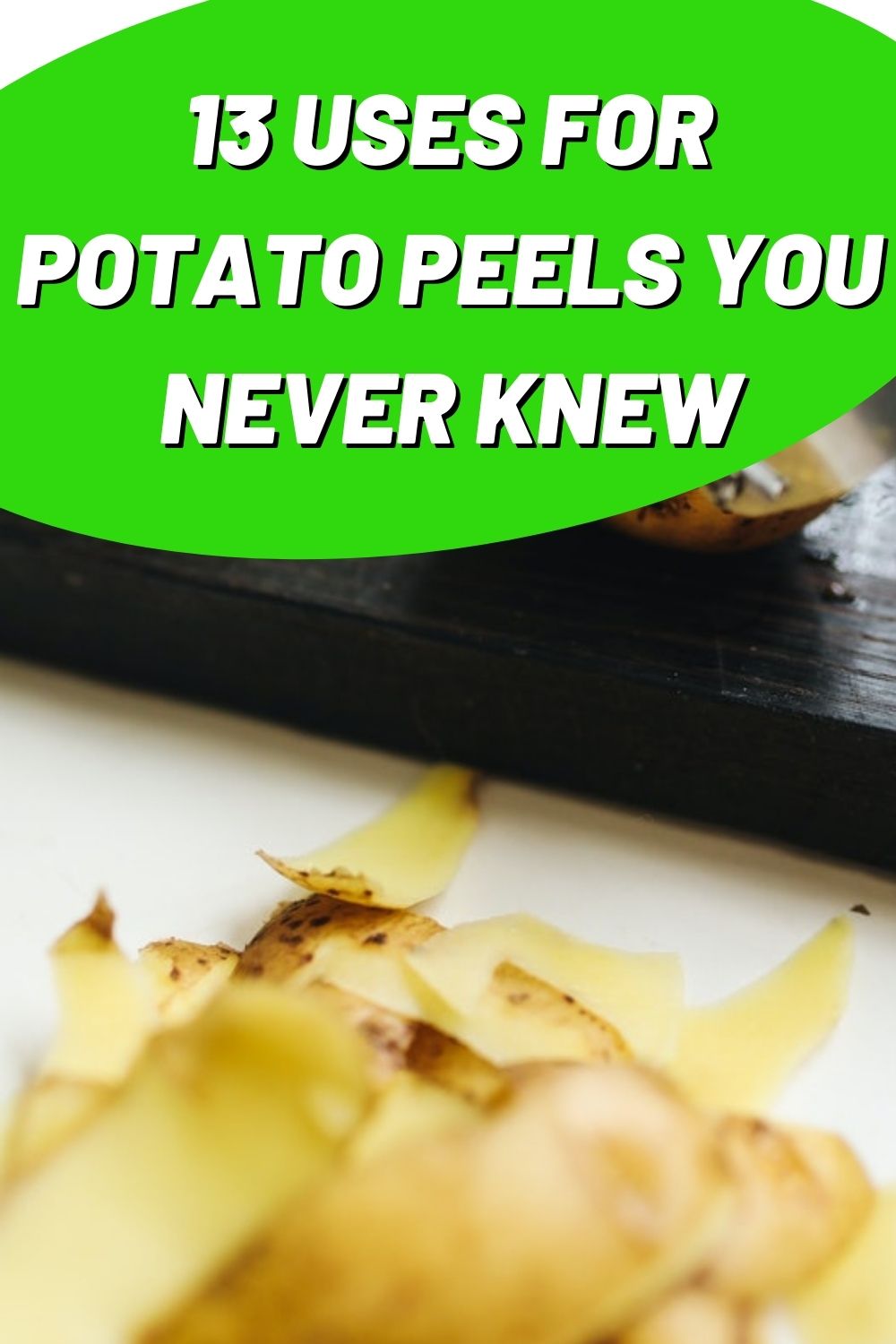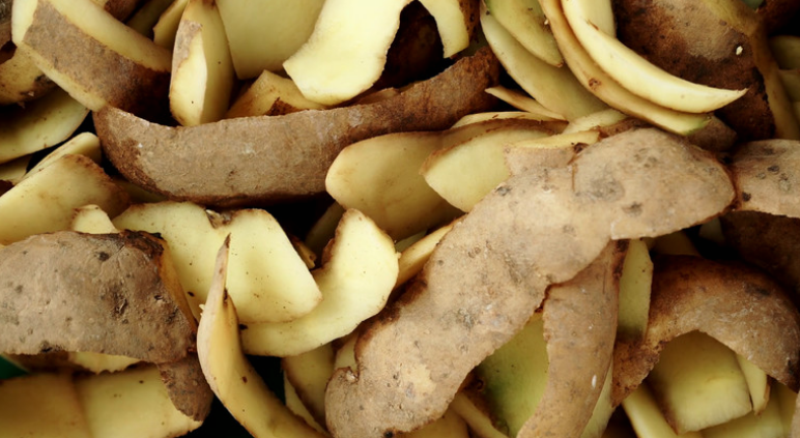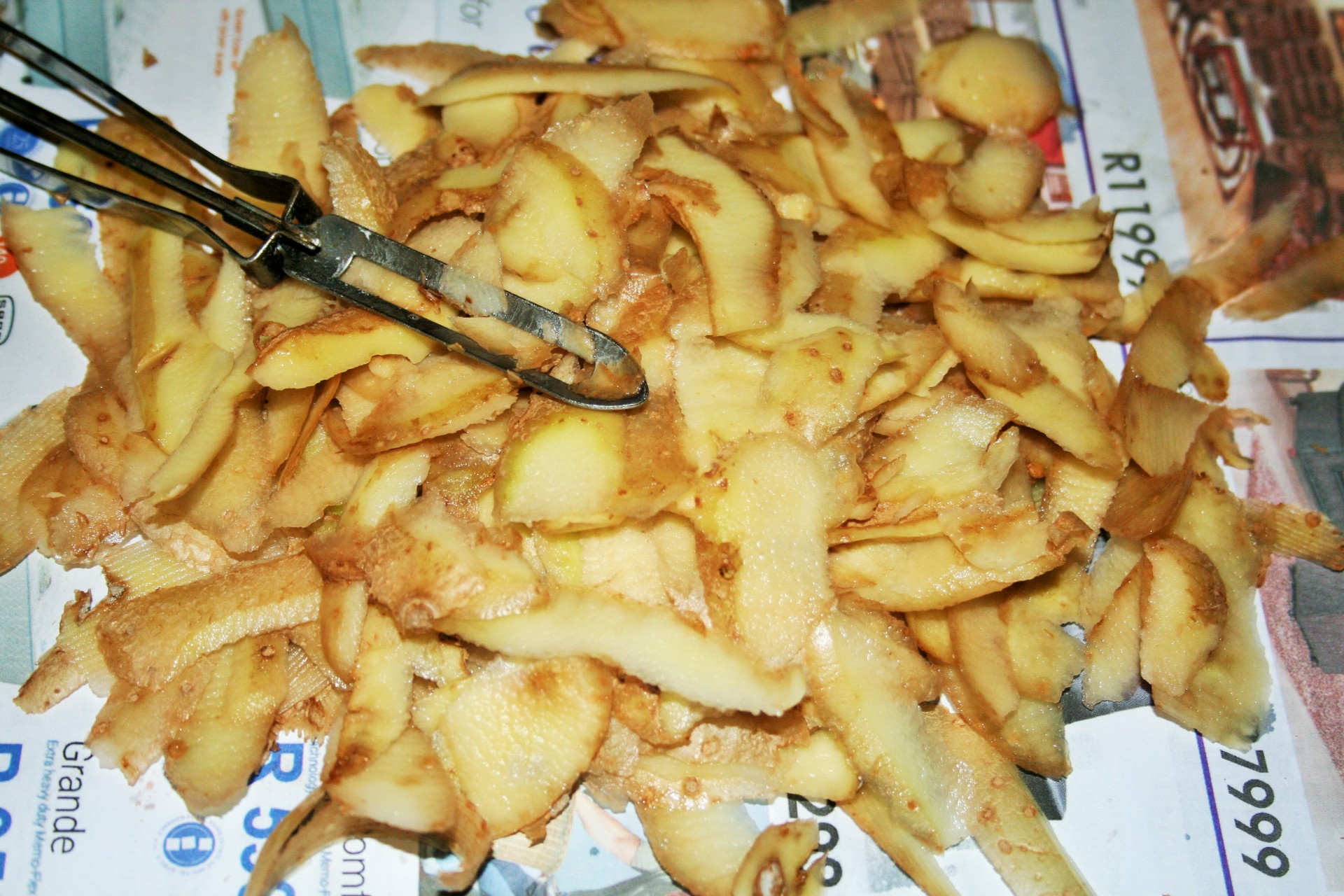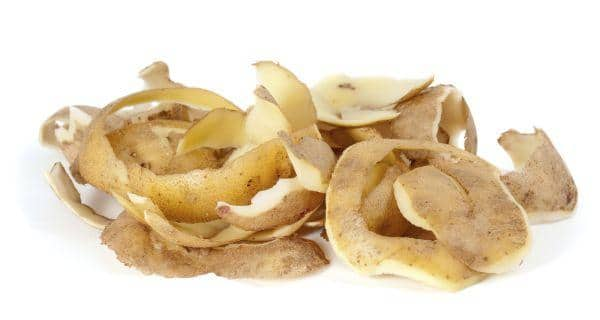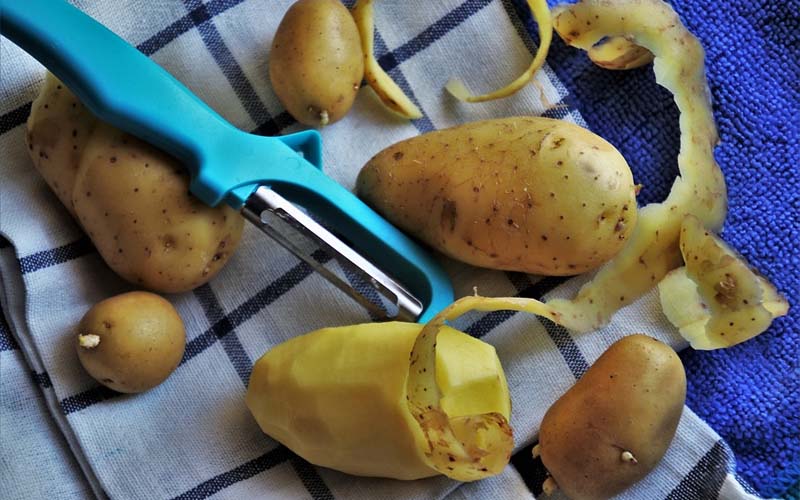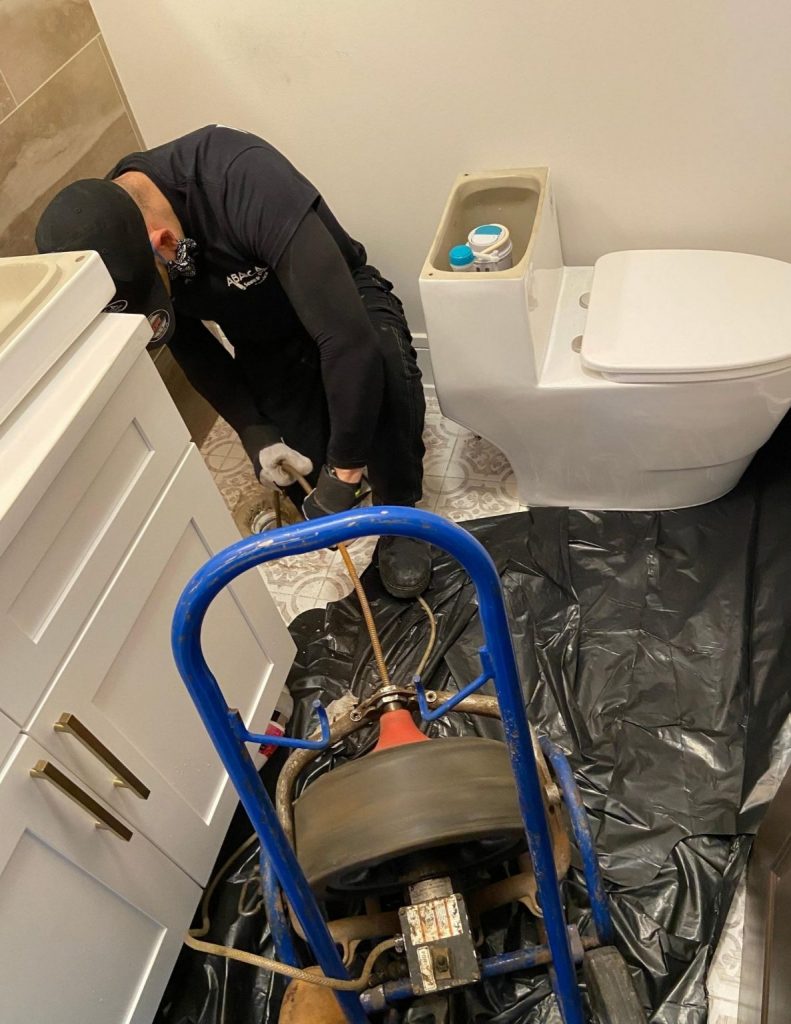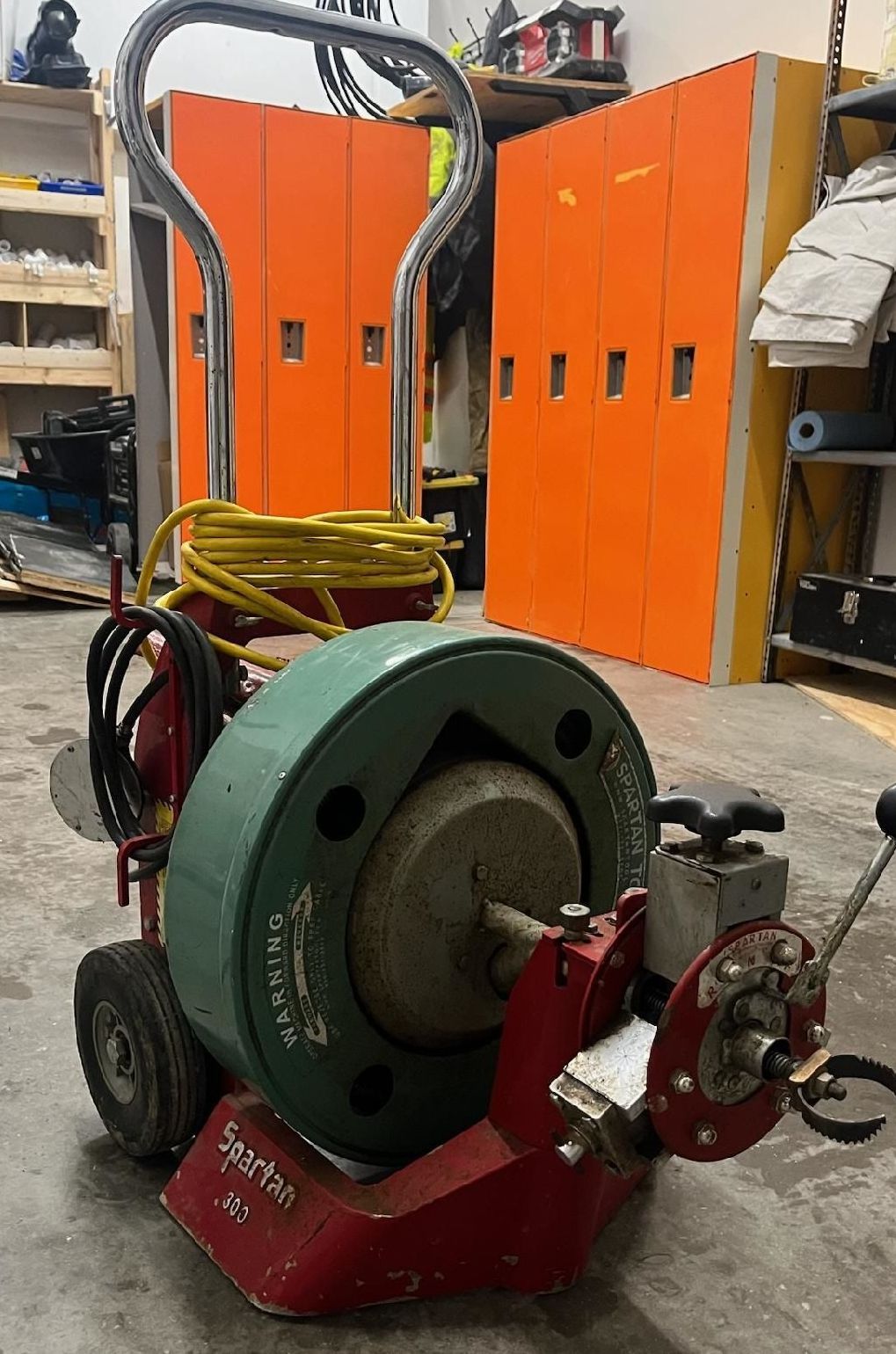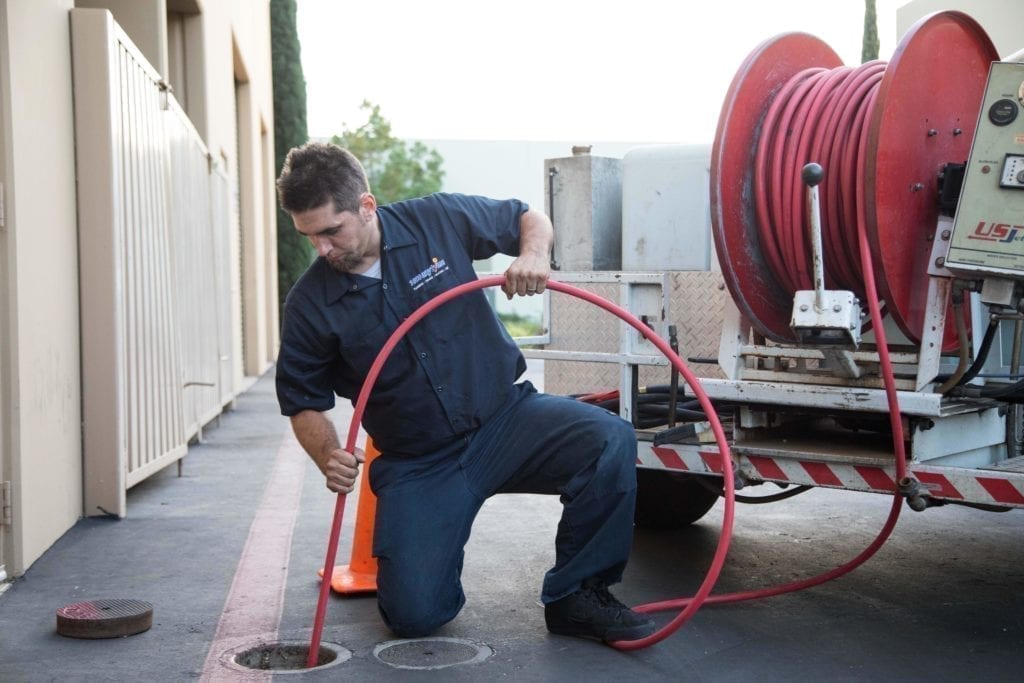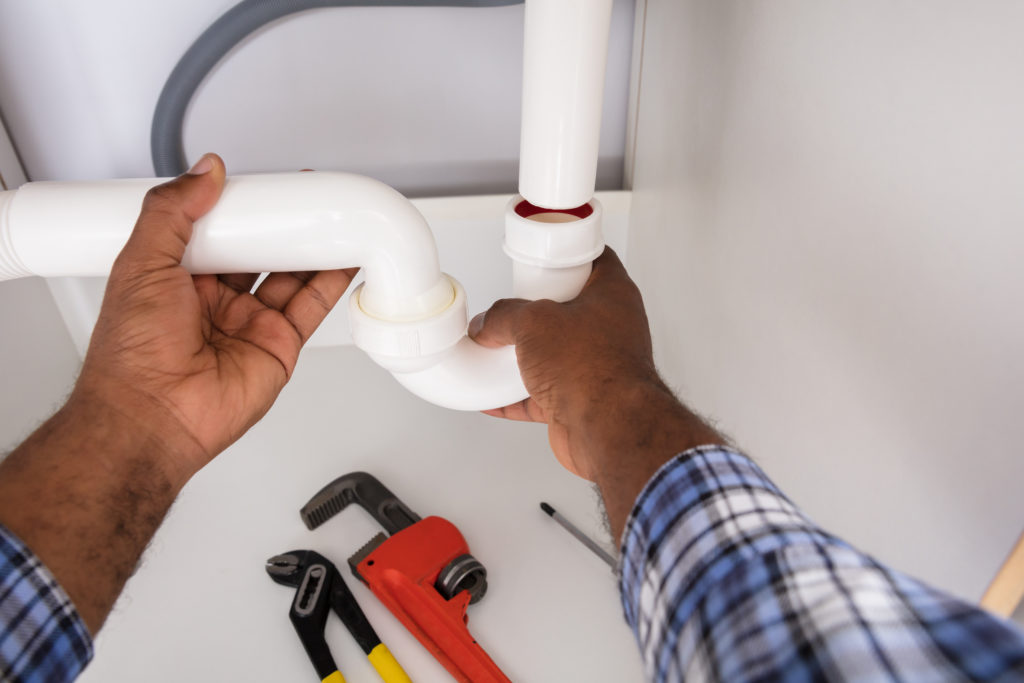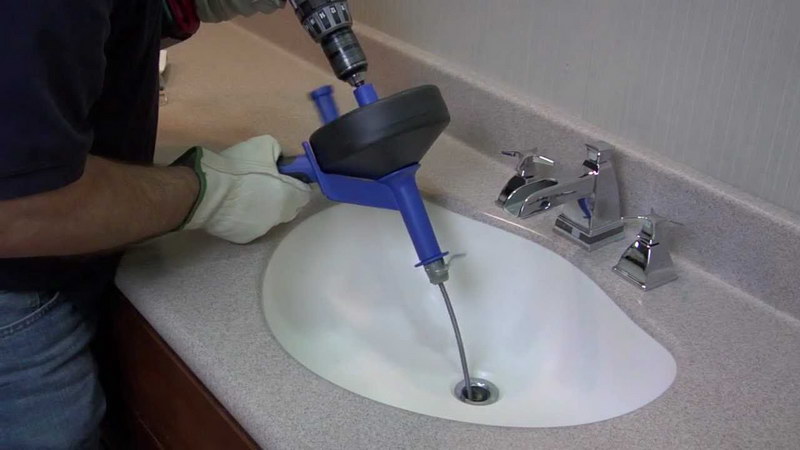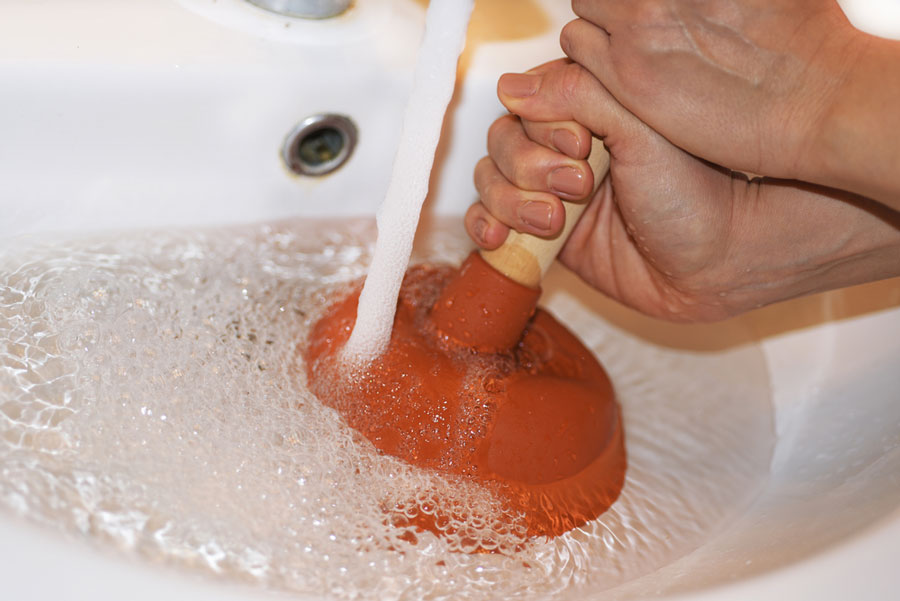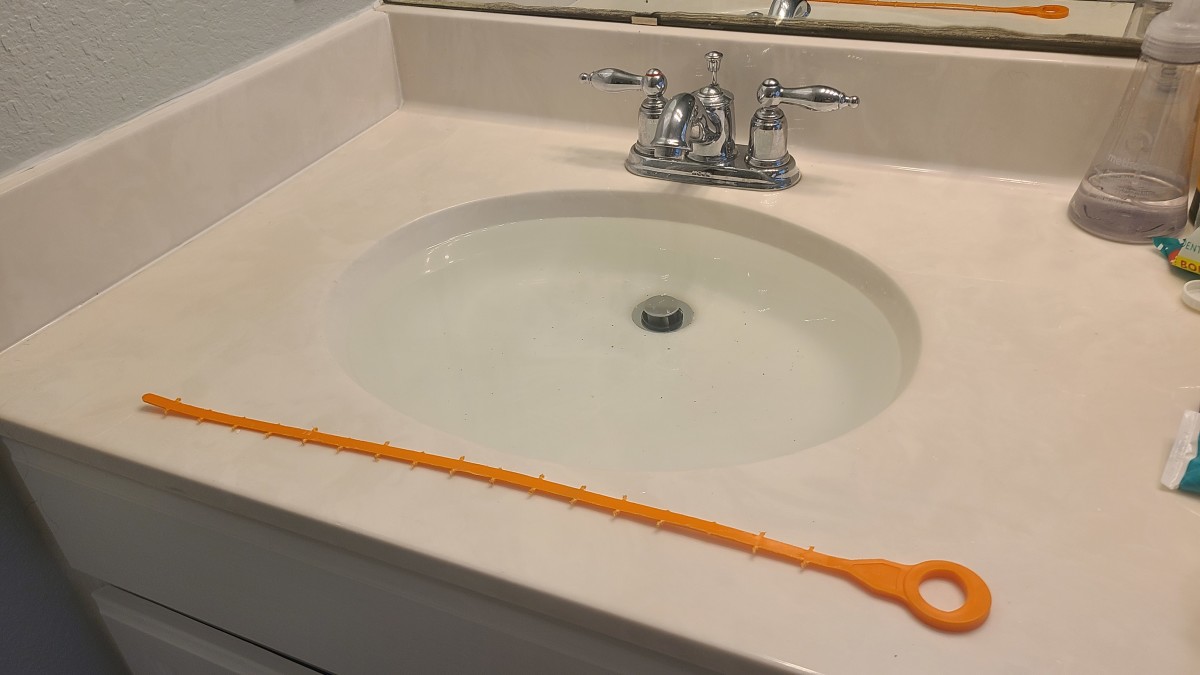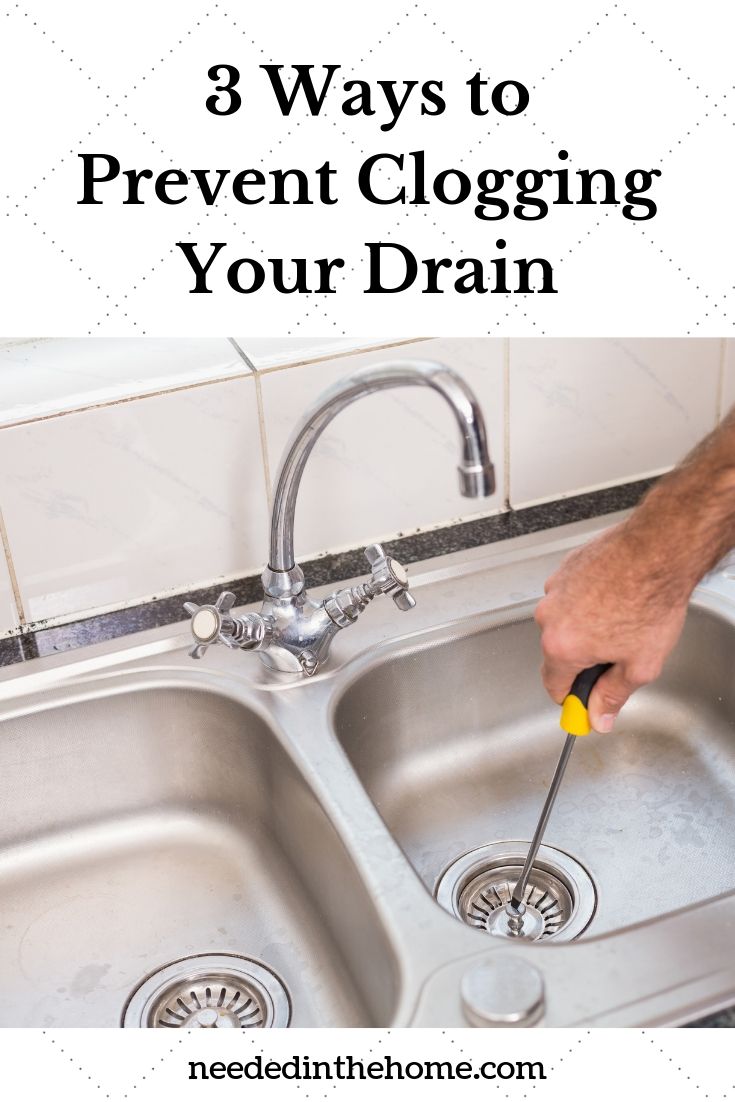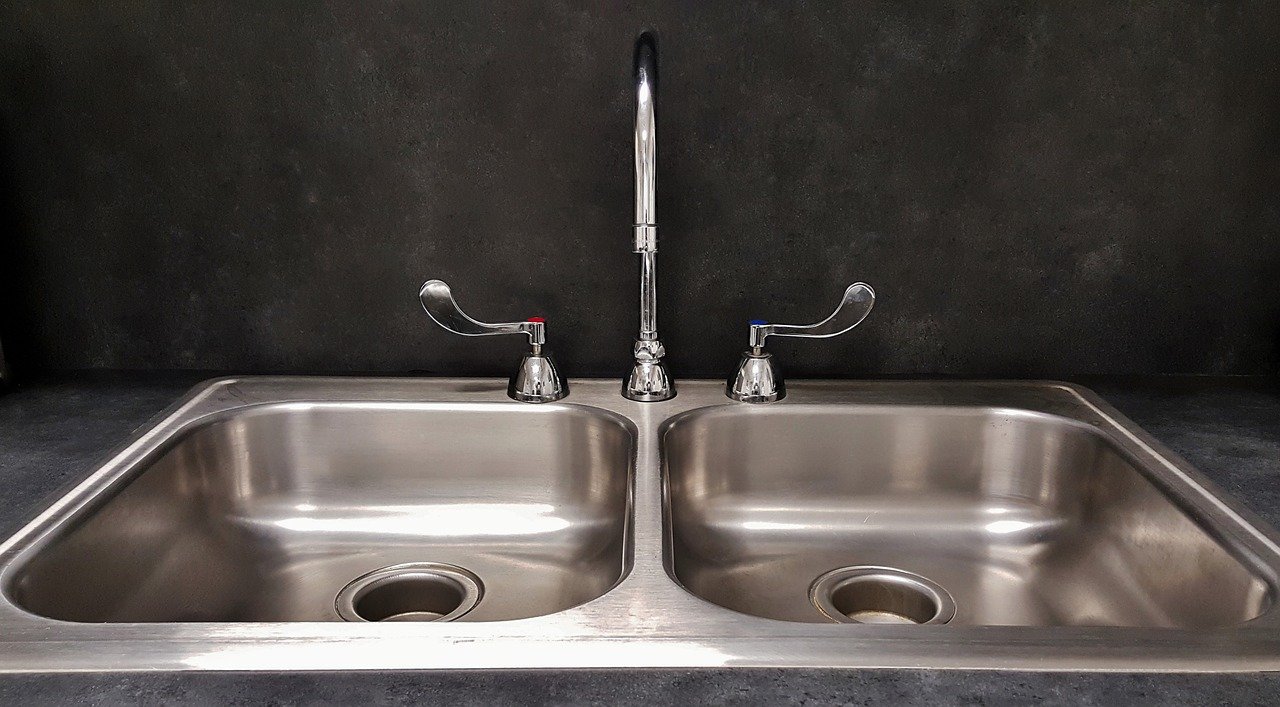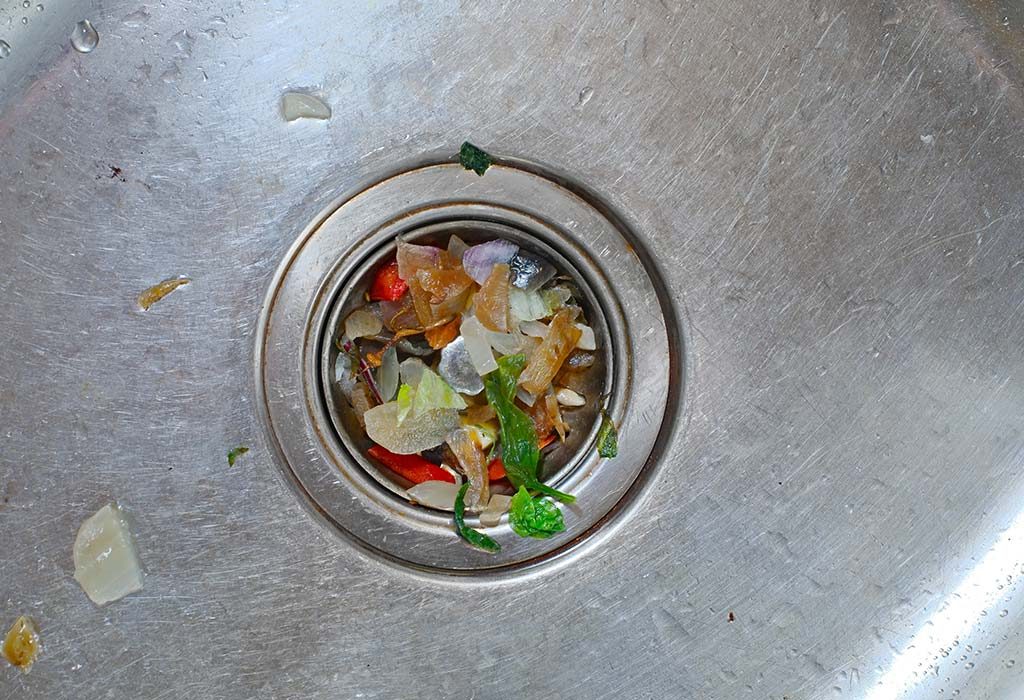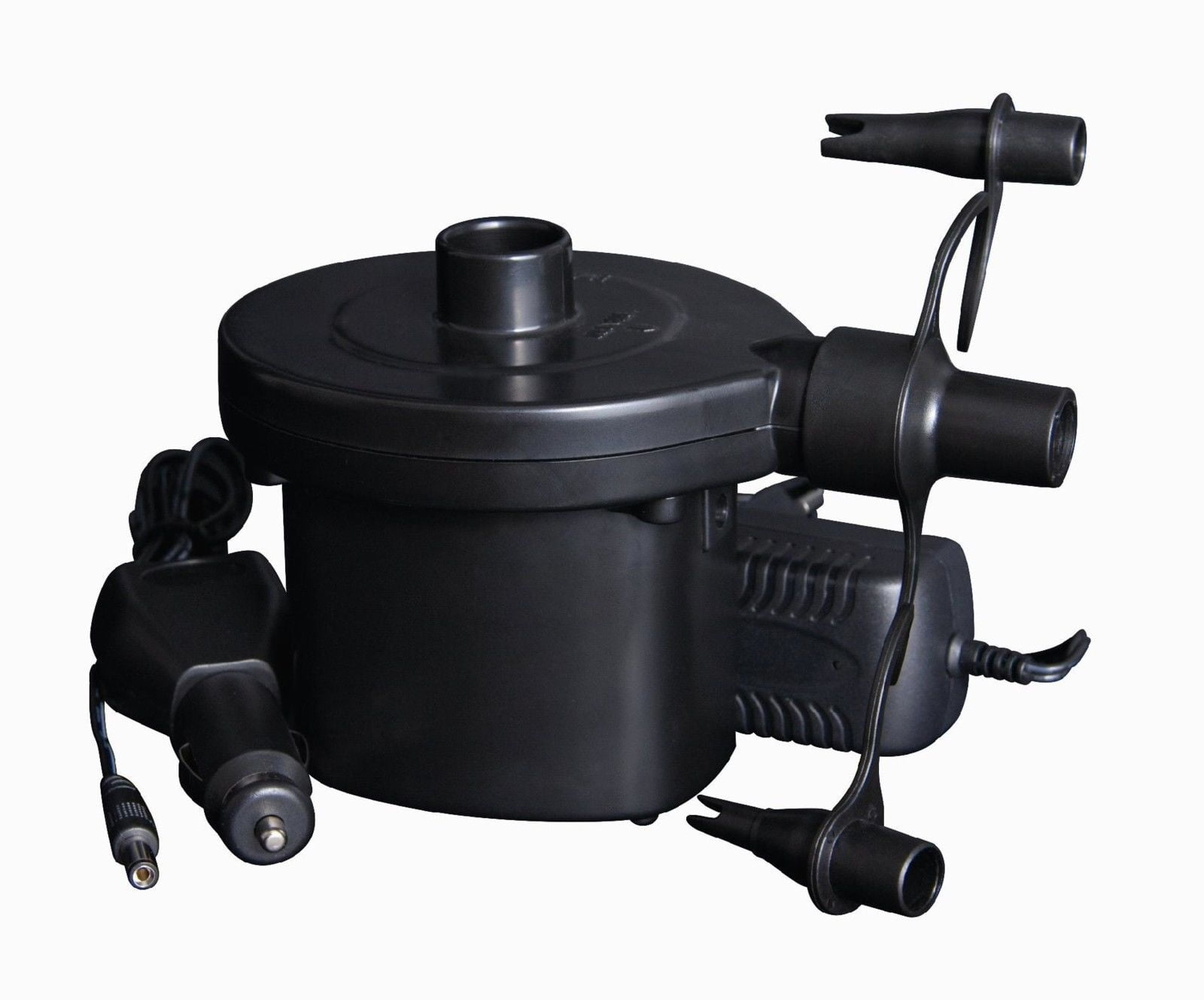If your kitchen sink is clogged with fat and potatoes, you may be tempted to reach for a chemical drain cleaner. However, these products can be harsh and damaging to your pipes. Instead, try using a natural solution of baking soda and vinegar to unclog your sink. To begin, remove any standing water from the sink using a cup or bucket. Then, pour 1 cup of baking soda down the drain, followed by 1 cup of white vinegar. The mixture will foam and bubble, which helps to break down and dissolve the clog. Let it sit for 5-10 minutes before flushing the drain with hot water. This method can be repeated as needed until the clog is cleared. It's a safe and effective way to unclog your kitchen sink without using harsh chemicals.Unclog a Kitchen Sink with Baking Soda and Vinegar
If you don't have baking soda and vinegar on hand, you can try using salt and boiling water to unclog your kitchen sink. The coarse texture of salt helps to scrub away any grease or debris that may be causing the clog. To use this method, pour 1/2 cup of salt down the drain, followed by a pot of boiling water. Let it sit for a few minutes before running hot water down the drain to flush out the clog. This process may need to be repeated a few times for stubborn clogs. Not only is this method effective, but it's also a more budget-friendly option compared to store-bought drain cleaners.How to Unclog a Kitchen Sink with Salt and Boiling Water
There are several other DIY methods that can be used to unclog a kitchen sink. One method is to use a plunger, similar to how you would unclog a toilet. Simply place the plunger over the drain and push up and down vigorously to create suction and dislodge the clog. Another method is to use a wire coat hanger to try and fish out the clog. Straighten out the hanger and bend one end to create a small hook. Insert the hook into the drain and try to catch the clog, then pull it out. This method may take some patience and skill, but it can be effective for small clogs. Whichever DIY method you choose, be sure to wear gloves and take precautions to protect your skin and eyes from any chemicals or debris.DIY Methods for Unclogging a Kitchen Sink
If DIY methods aren't working, you may need to invest in a plunger specifically designed for sinks. These plungers have a flat bottom and a smaller rubber cup, making it easier to create suction in the smaller space of a sink drain. To use a sink plunger, fill the sink with enough water to cover the rubber cup. Place the plunger over the drain and push up and down vigorously. This will create suction and help to dislodge the clog. You may need to repeat this process a few times to fully clear the clog.Using a Plunger to Unclog a Kitchen Sink
Prevention is key when it comes to avoiding clogs in your kitchen sink. Some simple habits can help prevent a buildup of fat and other debris in your drain. First, avoid pouring grease or oil down the drain. Instead, pour it into a container and dispose of it in the trash. Also, be mindful of what you put down the disposal. Avoid putting fibrous or starchy foods, like potato peels, down the drain as they can easily cause clogs. Regularly cleaning your sink and drain can also help prevent clogs. Use a mixture of baking soda and vinegar to flush out any buildup and keep your drain clear.How to Prevent a Clogged Kitchen Sink
One of the main culprits of a clogged kitchen sink is fat and grease buildup. Over time, these substances can accumulate in your pipes and cause clogs. To remove fat buildup from your sink, start by pouring boiling water down the drain to help loosen and melt the fat. Then, use a mixture of hot water and dish soap to scrub the inside of the pipes. You can also use a specialized drain cleaning product to break down and dissolve the fat buildup. Regularly cleaning your sink and pipes can help prevent fat buildup and avoid clogs in the future.Removing Fat Buildup from a Kitchen Sink
While potato peels may seem innocent enough, they can actually cause major clogs in your kitchen sink. In addition to potato peels, other foods that can cause clogs include pasta, rice, and fibrous vegetables like celery and asparagus. To avoid these foods causing clogs, always dispose of them in the trash or compost rather than putting them down the disposal or drain.Potato Peels and Other Foods That Can Clog a Kitchen Sink
If all else fails, it may be time to call in the professionals. A plumber or drain cleaning service will have specialized tools and techniques to clear even the toughest clogs. They may use a drain snake, which is a long, flexible tool with a spiral end that can be inserted into the drain to break up and remove clogs. They may also use hydro jetting, which uses high-pressure water to blast away clogs and buildup in your pipes. While this option may be more expensive, it can save you time and frustration in the long run.Professional Drain Cleaning Services for a Clogged Kitchen Sink
If you want to try using a drain snake yourself, it's important to use caution and follow the instructions carefully. First, remove the drain stopper and insert the snake into the drain, twisting and pushing it as you go to break up any clogs. Once you've reached the clog, twist and push the snake to break it up and remove it. Then, run hot water down the drain to flush out any remaining debris. Be sure to wear gloves and eye protection when using a drain snake, as it can be messy and debris may fly back at you.How to Use a Drain Snake to Unclog a Kitchen Sink
If you prefer to use natural remedies, there are a few options that can help clear a clogged kitchen sink. One method is to use a mixture of lemon juice and baking soda. Simply pour 1/2 cup of baking soda down the drain, followed by 1/2 cup of lemon juice. Let it sit for a few minutes before flushing with hot water. You can also try using a combination of salt and cream of tartar to break up and dissolve clogs. Mix equal parts of both ingredients and pour down the drain, followed by boiling water. As always, be sure to take safety precautions and use these methods at your own risk. In conclusion, a clogged kitchen sink is a common household issue that can be easily solved with the right tools and techniques. By using natural remedies, DIY methods, or calling in the professionals, you can unclog your sink and prevent future clogs from happening. Remember to regularly clean your sink and avoid putting certain foods down the drain to keep your pipes clear and running smoothly.Natural Remedies for a Clogged Kitchen Sink
The Importance of Keeping a Clean Kitchen Sink

Why a Clogged Sink Can Cause Major Problems
 We've all been there - standing in front of a sink full of dirty dishes, trying to figure out why the water won't drain. Most of the time, we attribute this problem to leftover food scraps or a build-up of soap scum. However, one of the most common causes of a clogged kitchen sink is actually
fat and potatoes
.
When we cook with oil and grease, it may seem harmless to wash it down the drain with hot water. After all, it's a liquid when it's hot, so it should flow easily, right? Wrong. As the hot water cools down, the fat and grease solidify and stick to the inside of our pipes, creating a sticky barrier that catches other food particles and debris. This build-up can eventually become thick enough to completely block the flow of water.
But what about the potatoes? Starchy foods, like potatoes, can also contribute to a clogged kitchen sink. When we peel or rinse potatoes in the sink, the excess starch from the potatoes can stick to the inside of the pipes, creating a paste-like substance that can quickly build up and block the flow of water.
We've all been there - standing in front of a sink full of dirty dishes, trying to figure out why the water won't drain. Most of the time, we attribute this problem to leftover food scraps or a build-up of soap scum. However, one of the most common causes of a clogged kitchen sink is actually
fat and potatoes
.
When we cook with oil and grease, it may seem harmless to wash it down the drain with hot water. After all, it's a liquid when it's hot, so it should flow easily, right? Wrong. As the hot water cools down, the fat and grease solidify and stick to the inside of our pipes, creating a sticky barrier that catches other food particles and debris. This build-up can eventually become thick enough to completely block the flow of water.
But what about the potatoes? Starchy foods, like potatoes, can also contribute to a clogged kitchen sink. When we peel or rinse potatoes in the sink, the excess starch from the potatoes can stick to the inside of the pipes, creating a paste-like substance that can quickly build up and block the flow of water.
The Dangers of a Clogged Sink
 Not only is a clogged sink inconvenient and unsanitary, but it can also lead to more serious issues. Standing water in the sink can become a breeding ground for bacteria and mold, which can be harmful to our health. Additionally, a clogged sink can cause water to back up into other plumbing fixtures, such as the dishwasher or garbage disposal, which can cause further damage and maintenance costs.
Not only is a clogged sink inconvenient and unsanitary, but it can also lead to more serious issues. Standing water in the sink can become a breeding ground for bacteria and mold, which can be harmful to our health. Additionally, a clogged sink can cause water to back up into other plumbing fixtures, such as the dishwasher or garbage disposal, which can cause further damage and maintenance costs.
How to Prevent a Clogged Sink
 The best way to avoid a clogged kitchen sink is to be mindful of what we put down the drain. Avoid pouring hot oil or grease down the sink and instead dispose of it in a container for proper disposal. When rinsing starchy food, try to scrape off excess debris into the trash before rinsing in the sink. Regularly using a drain strainer can also help catch food particles and prevent them from going down the drain.
In conclusion, keeping a clean kitchen sink is an important part of maintaining a healthy and functional home. By being mindful of what we put down the drain and taking preventative measures, we can avoid the hassle and potential dangers of a clogged sink. So the next time you're cooking with
fat and potatoes
, remember to properly dispose of them and keep your sink free from clogs.
The best way to avoid a clogged kitchen sink is to be mindful of what we put down the drain. Avoid pouring hot oil or grease down the sink and instead dispose of it in a container for proper disposal. When rinsing starchy food, try to scrape off excess debris into the trash before rinsing in the sink. Regularly using a drain strainer can also help catch food particles and prevent them from going down the drain.
In conclusion, keeping a clean kitchen sink is an important part of maintaining a healthy and functional home. By being mindful of what we put down the drain and taking preventative measures, we can avoid the hassle and potential dangers of a clogged sink. So the next time you're cooking with
fat and potatoes
, remember to properly dispose of them and keep your sink free from clogs.





:max_bytes(150000):strip_icc()/freshen-and-unclog-drain-with-baking-soda-1900466-17-20179d73b7a2455797ebc6a5f5bf7479.jpg)
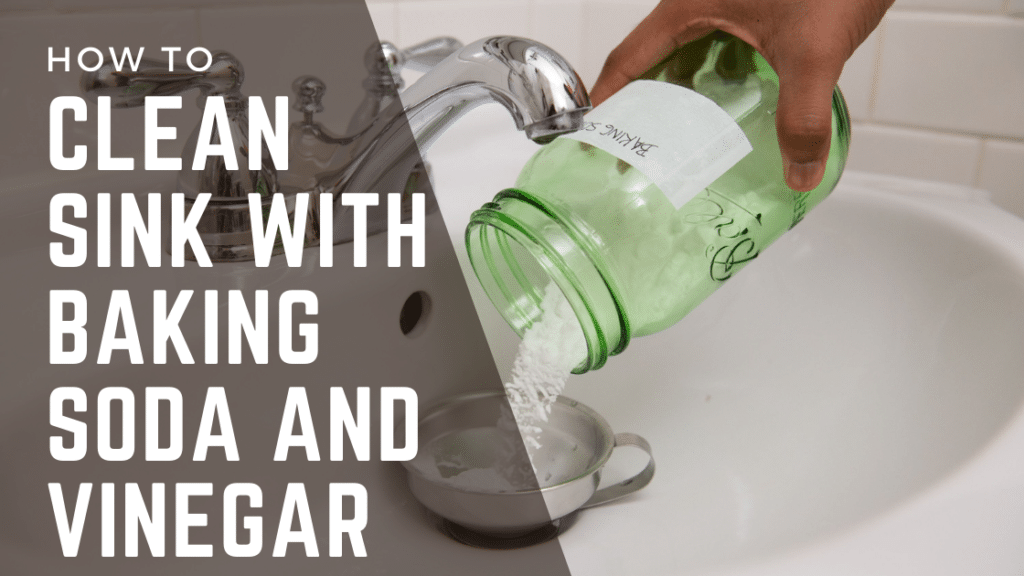
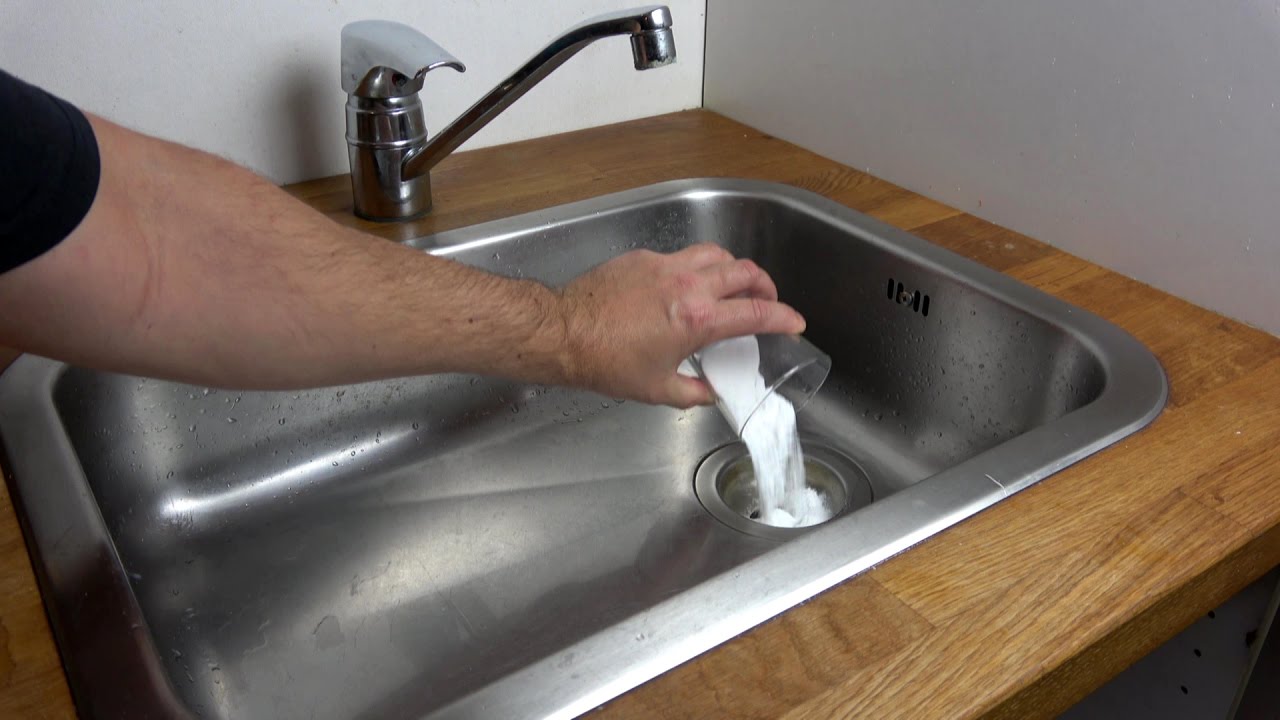
:max_bytes(150000):strip_icc()/freshen-and-unclog-drain-with-baking-soda-1900466-22-bbf940b70afa4d5abef0c54da23b1d3f.jpg)



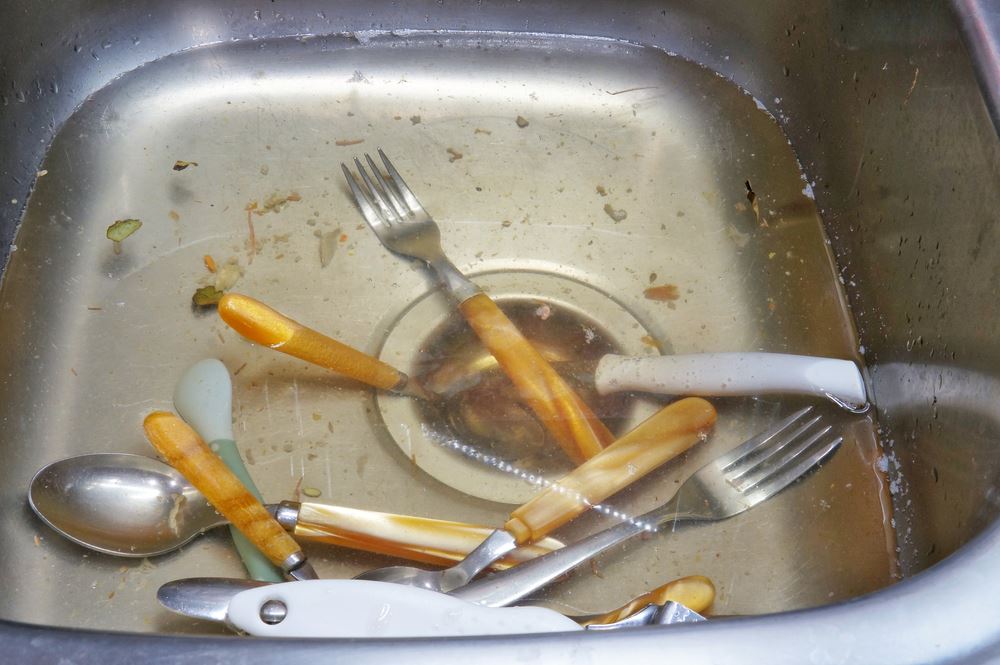




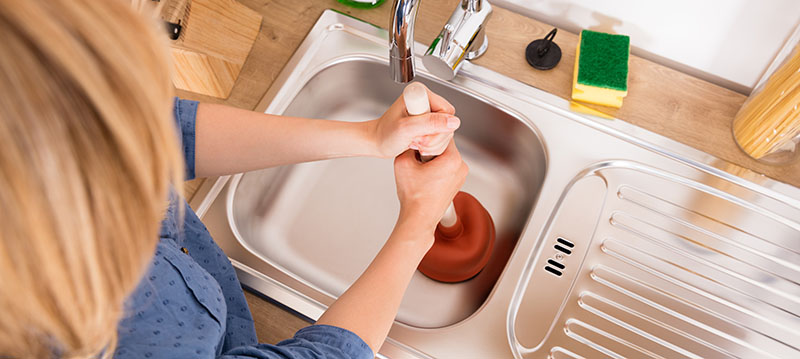




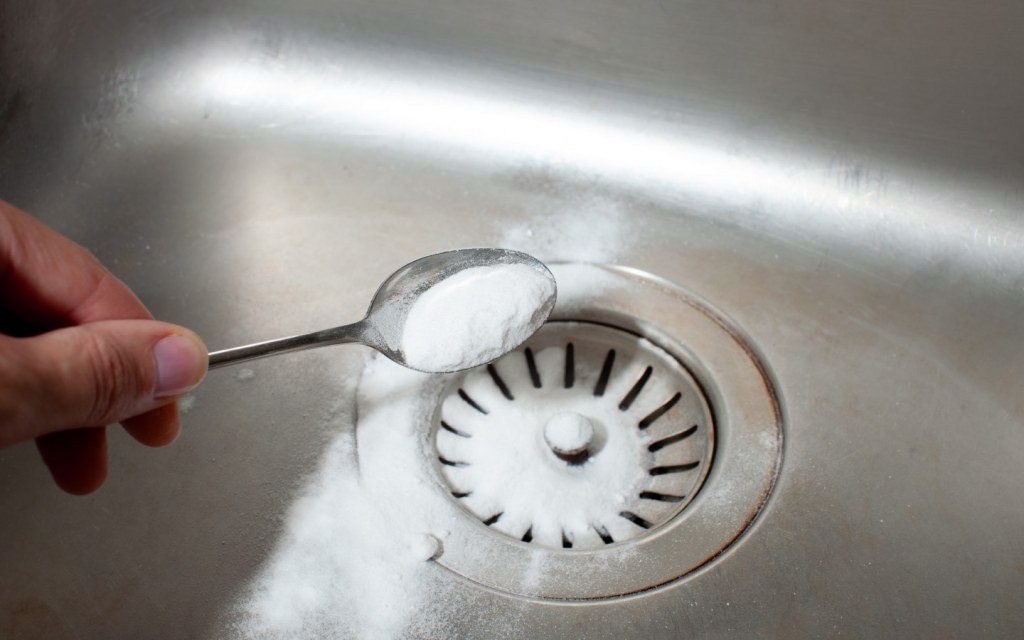



/plumber-unclogging-kitchen-sink-169270382-5797a9355f9b58461f27f024.jpg)


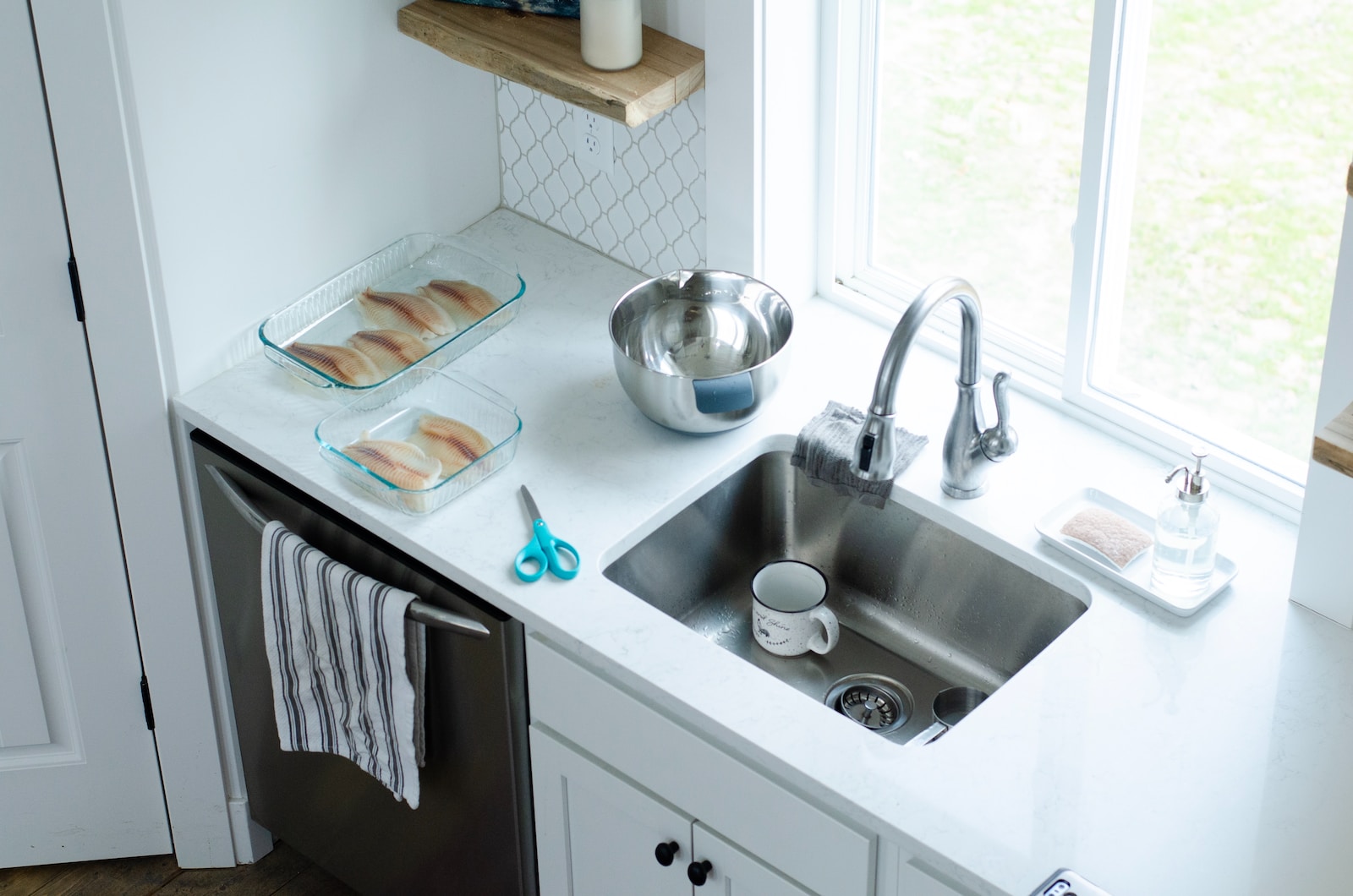

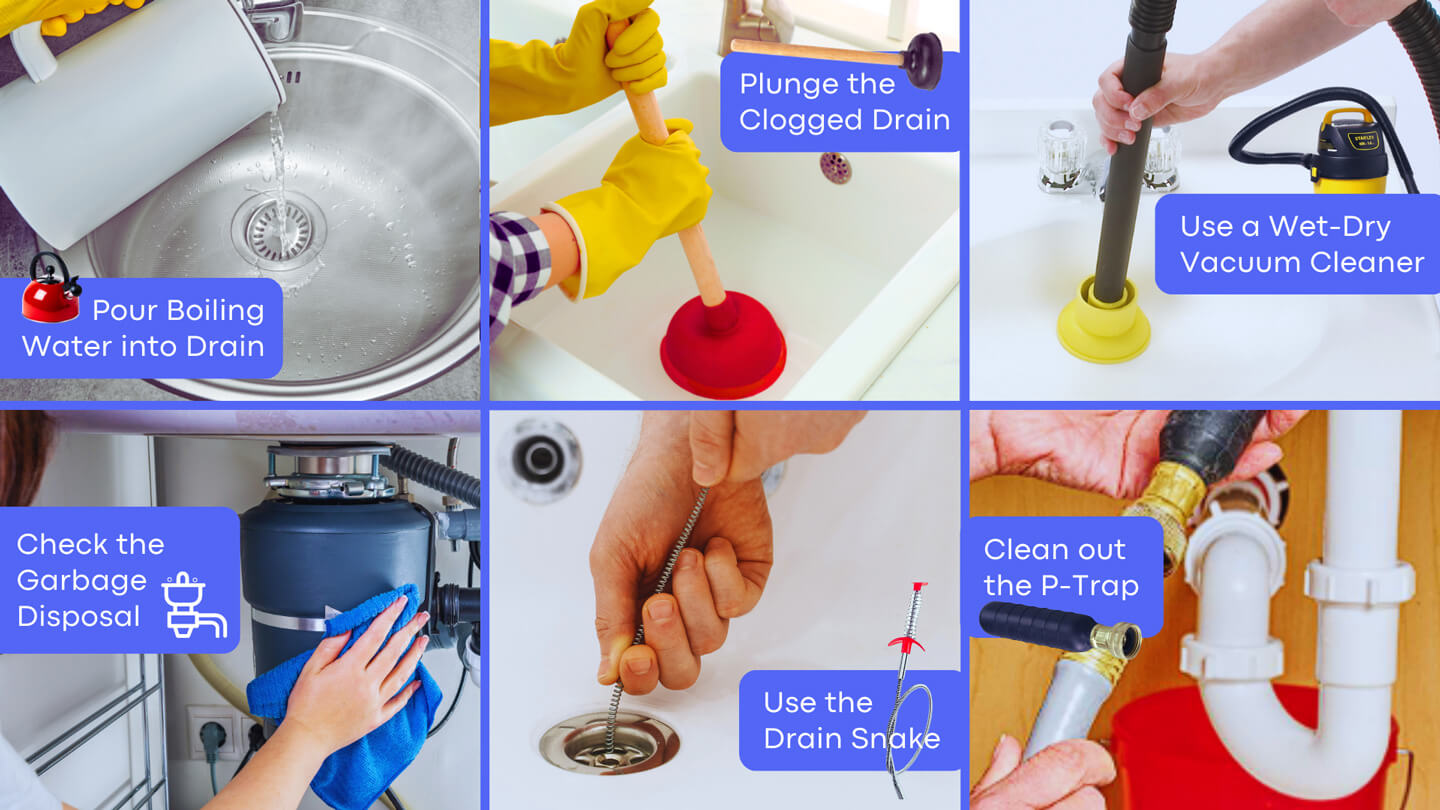
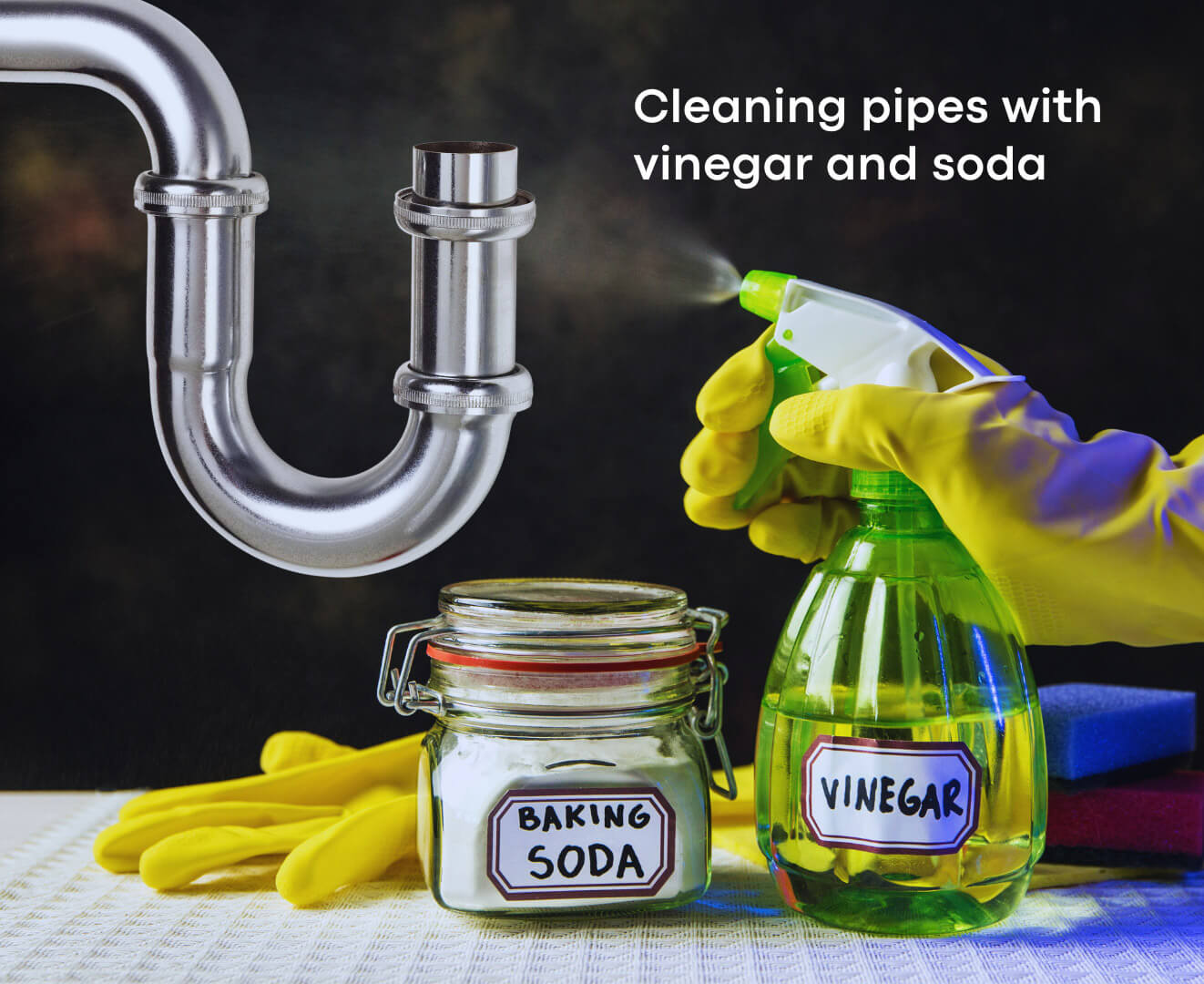
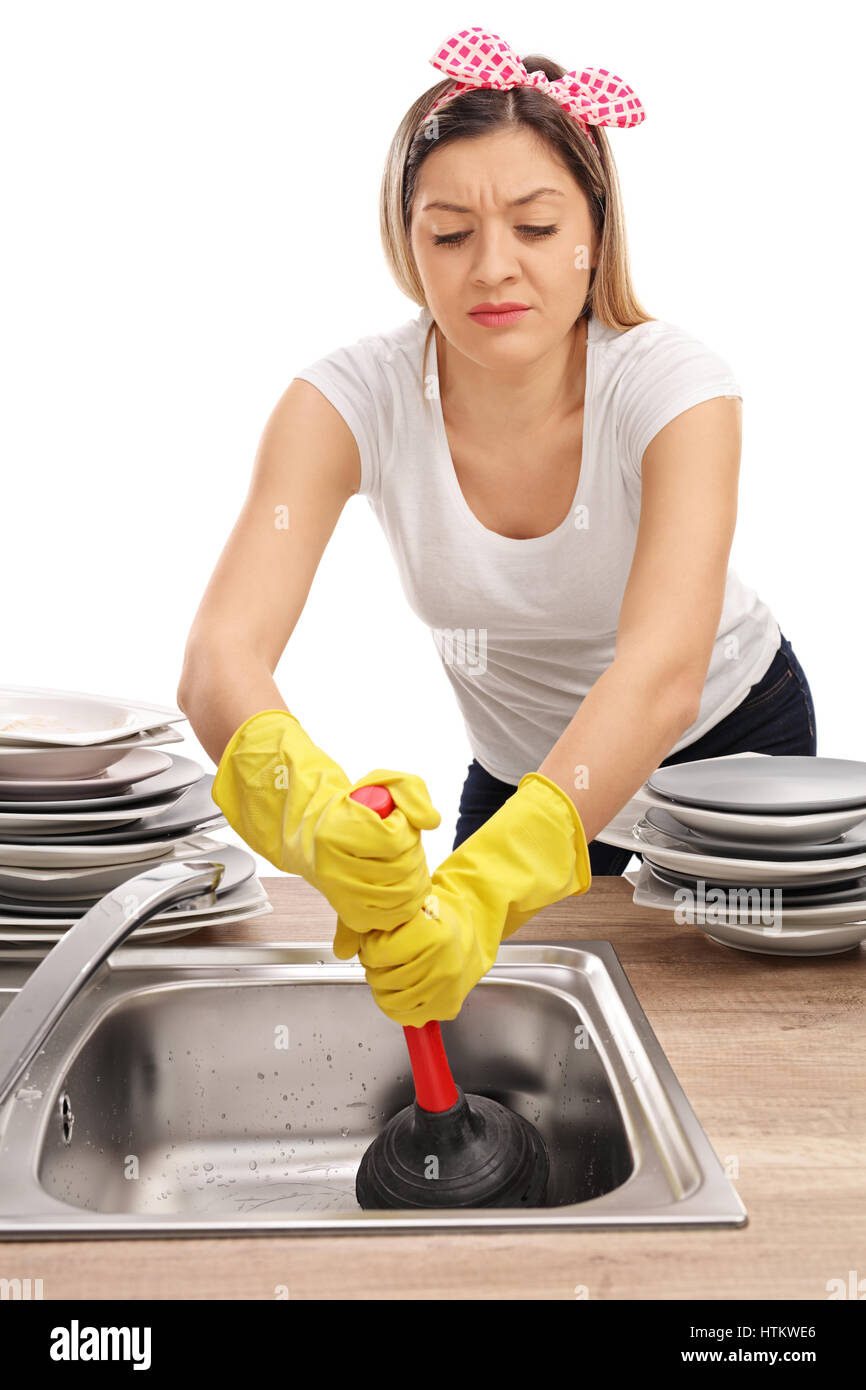








/woman-wearing-yellow-washing-up-gloves-to-unblock-sink-using-plunger-close-up-131987463-5887cfc03df78c2ccd92ec9e.jpg)


